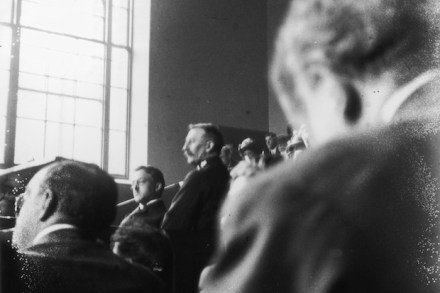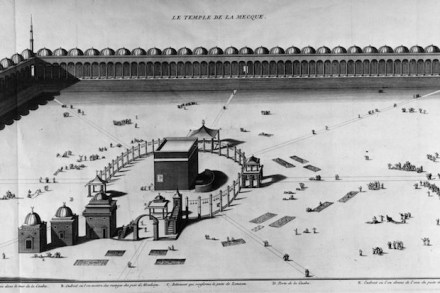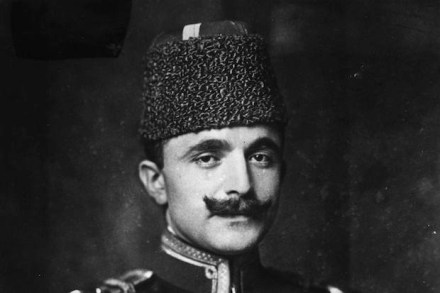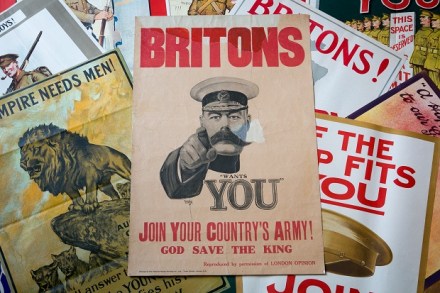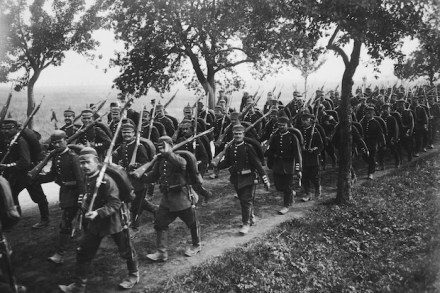We know that war is hell. But it doesn’t ever make us stop doing it
There’s a plausible theory — recently rehearsed in the BBC’s excellent two-part documentary The Lion’s Last Roar? — that our war in Afghanistan was largely the creation of the Army, which sorely needed a renewed sense of military purpose after the debacle in Iraq. As a taxpayer, this appals me. As the parent of a boy approaching conscription age it horrifies me. But as an Englishman, it doesn’t half make me proud that we’ll still do anything — up to and including embroiling ourselves in a futile conflict — rather than admit we’re finished as a fighting nation. Though we joke about having beaten Germany twice at their national sport



